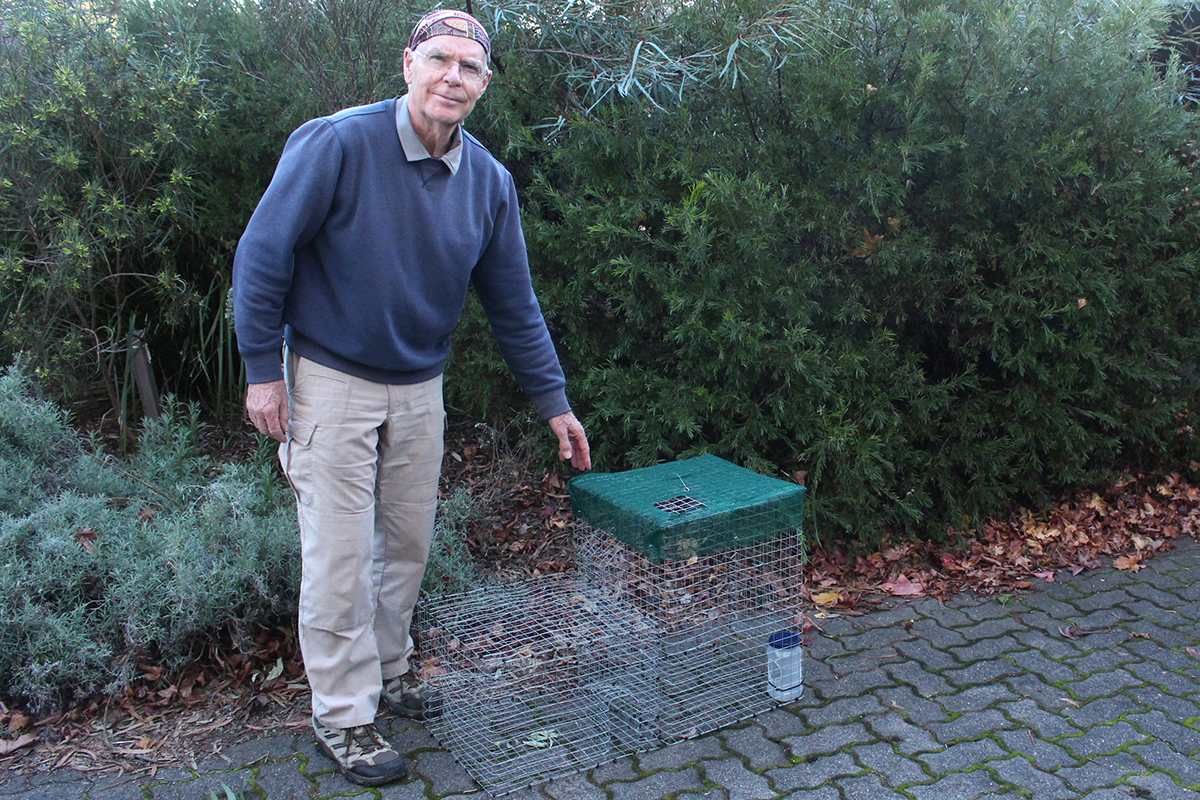
TWO years ago, the ACT government declared Indian myna birds a pest species.
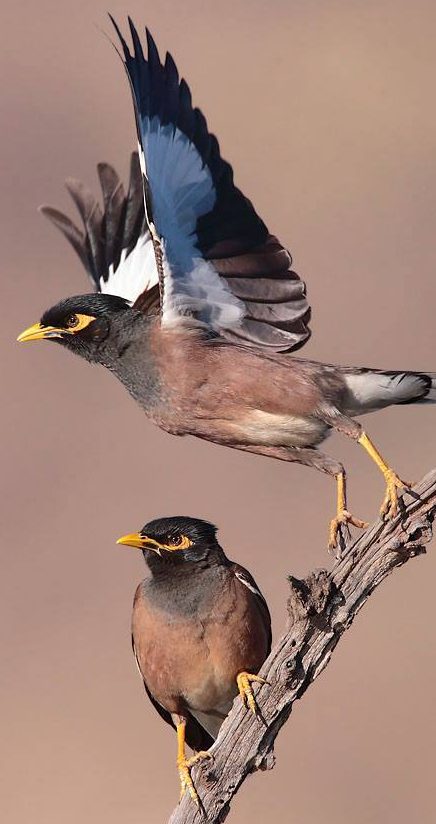
In an interview with “CityNews”, president of the Canberra Indian Myna Action Group (CIMAG), Bill Handke said at the time he had fears the government might see the declaration in itself as a solution to the myna problem.
Now, two years on, he says that is exactly what’s happened, so he’s started a petition to the Legislative Assembly calling for more action.
“Government agencies have not taken any action in controlling this pest,” says Bill.
“So far, all action has come from backyard trappers, who see this as an essential task to protect our local wildlife from the threat posed by Indian mynas, but we need a landscape approach.
“That means we need the ACT government to do their bit, especially on public land.”
Since CIMAG’s founding in 2006, Bill says more than 79,000 mynas have been removed from Canberra, through 2800 members setting traps in their backyards, “but backyard trapping just doesn’t have enough impact”.
“We need the government to develop an action plan to reduce myna numbers in public areas, such as cafes, restaurants, industrial areas, building sites and schools,” he says.
“The reason why mynas hang around these areas is because there’s always food scraps, so one of the practical things they could do in school holidays, for example, would be to have a janitor set up traps.
“If the kids aren’t there accidentally feeding them, they’ll certainly come into the trap because they’re after food they used to rely on the school for.
“There’s other things like sitting with businesses to talk about what they can do to stop mynas around cafes, which means closing the skips and getting staff to make sure they clean the tables promptly when somebody leaves, rather than leaving scraps on the table.
“We hope that the government can actually see the value in doing this.”
Bill says the traps aren’t hard to set, and target mynas very well.
“The trap is designed with narrowing tunnels so that small birds like mynas can get in, but big birds like magpies, currawongs and crows don’t get caught,” he says.
“We also use dog food as bait, because mynas are feeding on dry pet food in people’s yards every day, and that means we don’t get seed or honey-eaters like rosellas and parrots.”
After the mynas are trapped, Bill says they are euthanised with carbon monoxide, “it’s the most humane method – quick, painless and stress-free for the birds”.
Bill says he thinks the reason the ACT government hasn’t taken action yet, is because it sees other pests like rabbits and foxes as more of a problem.
“And, the government doesn’t fund the environment too well at all,” he says.
“Only three per cent of the last budget went to the environment, and as a consequence there are weeds and pest animals everywhere.
“It’s so important to maintain a really good environment. The role of biodiversity in an environment is really important in keeping that environment soundly balanced, and if you have introduced animals they can infiltrate at high densities without any natural predators or controls, and the rest of that ecosystem degrades.
“When the ecosystem degrades, there’s a knock-on impact in a whole range of other aspects of environment and life, so it’s important to maintain a really good environment and that means managing threats, and they’re not being managed well by the government.”
Bill’s passion and knowledge is driven through his time as a keen bird-watcher, and his previous job as a general manager for the Department of Agriculture, Fisheries and Forestries.
“Even though I don’t have the scientific qualifications in the area, I’ve been on the periphery of, or at the centre of those big issues for a long, long time,” he says.
“Lived experience is good, and even if you don’t have scientific qualifications, you learn from scientists and read their articles on their findings.”
Bill says under ACT Legislative Assembly rules, the government is required to respond to a petition if it has more than 500 signatures.
As at going to print, the petition had more than 1110 signatures, but Bill hopes to receive more than 2000.
“Please sign, and please ask the same of anybody you know who treasures our native wildlife and our natural environment,” he says.
Sign the petition via indianmynaaction.org.au
Who can be trusted?
In a world of spin and confusion, there’s never been a more important time to support independent journalism in Canberra.
If you trust our work online and want to enforce the power of independent voices, I invite you to make a small contribution.
Every dollar of support is invested back into our journalism to help keep citynews.com.au strong and free.
Thank you,
Ian Meikle, editor

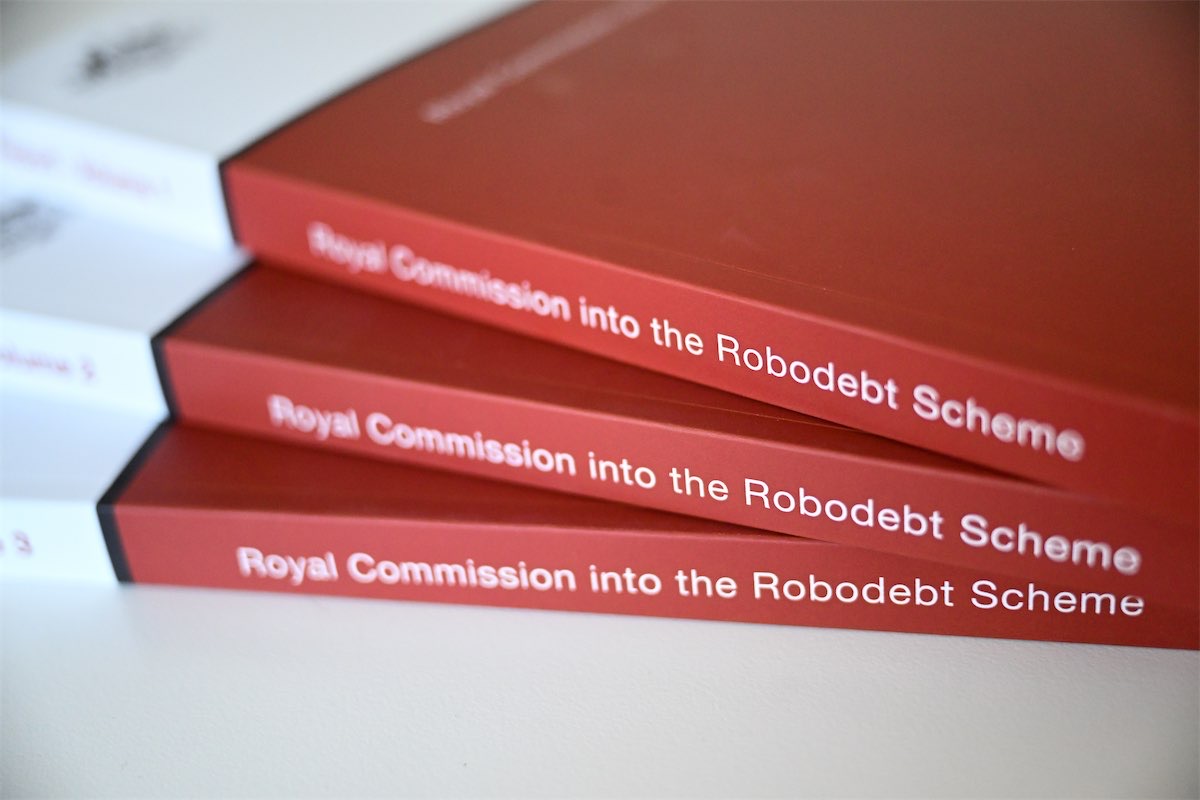
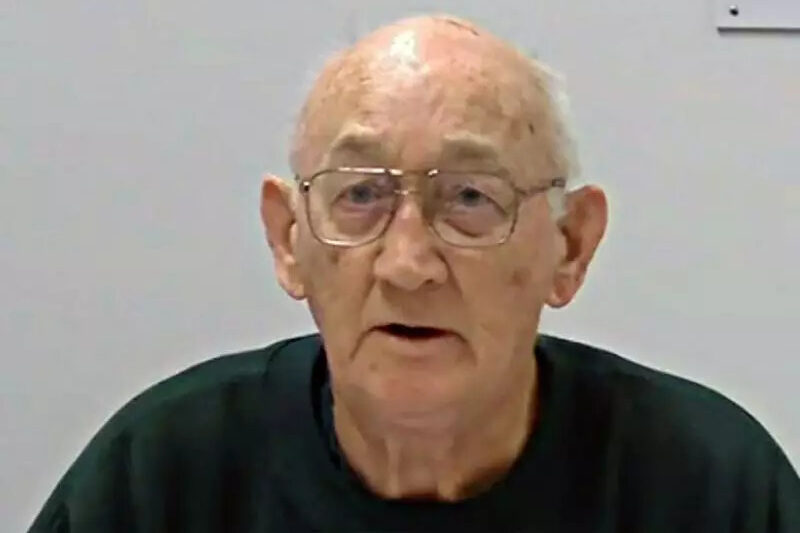

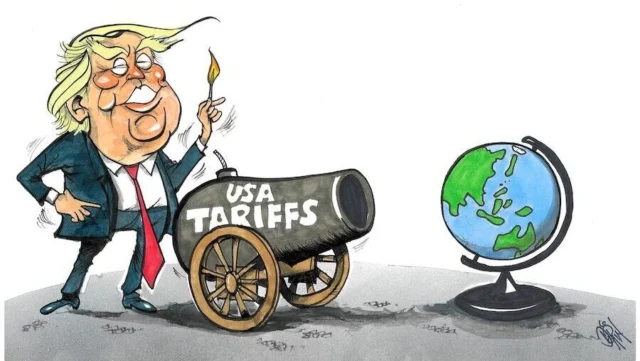
![Michael Bennett reckons he’s discovered the focal point and connecting image of the bush capital – Telstra Tower atop Black Mountain.
“I slowly figured out that I was seeing [the Telstra Tower] over and over again, especially from Banks,” says Michael.
“That amazed me so much that I thought, ‘if I can see it from Banks, I can see it from just about anywhere’, and so I started taking photos of the tower.”
Michael’s curiosity stemmed from a map of Canberra.
Despite living here since the age of two, he realised there were many suburbs that he just hadn’t seen.
To read the rest of Michael's story, visit our website at citynews.com.au or tap the link in our bio! 📸
#canberranews #citynews #localstories #canberrastories #Citynews #localnews #canberra #journalism #canberracitynews #storiesthatmatter #canberralocals #telstratowercanberra #telstratower](https://citynews.com.au/wp-content/uploads/sb-instagram-feed-images/479498898_1172278498241035_1301680519954749830_nfull.webp)
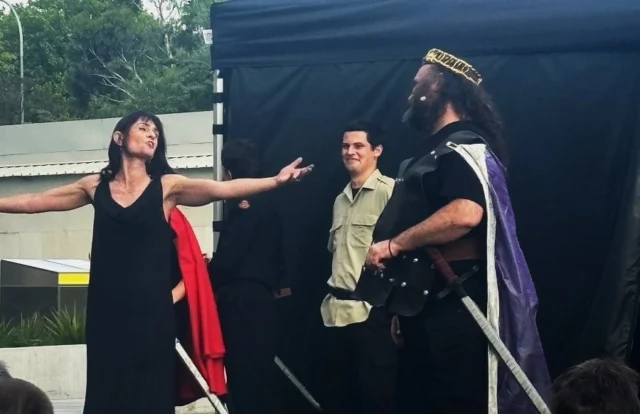


Leave a Reply